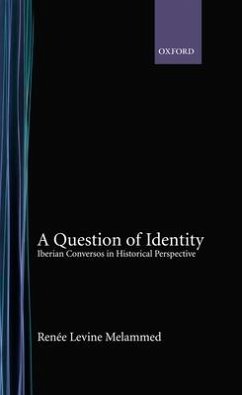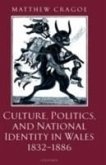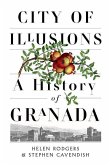Exploring the knotty problem of identity she examines a great variety of individual choices and behaviors. Some conversos tried to be sincere Catholics and were not allowed to do so. Others tried but failed either theologically or culturally. While many eventually opted to form Jewish communities outside the Peninsula, others were unable to make a total commitment to Judaism and became "cultural commuters" who could and did move back and forth between two worlds whereas others had "fuzzy" or attenuated Jewish identities. In addition, the encounter with modernity by the descendants of conversos is examined in three communities, Majorca, Belmonte (Portugal) and the Southwestern United States, revealing that even today the question of identity is still a pressing issue. Offering the only broad historical survey of this fascinating and complex group of migrants, this book will appeal to a wide range of academic and general readers.
In 1391 many of the Jews of Spain were forced to convert to Christianity. As a result a new group was formed whose members would be continuously seeking a niche for themselves in society. They could not return to Judaism as long as they remained on the Iberian Peninsula, and their place in the Christian world would never be secure. Even when the conversos or their descendants chose to emigrate, they continued to face difficult decisions as to what identity to pursue. This book considers the history of the Iberian conversos-both those who remained in Spain and Portugal and those who emigrated.
In 1391 many of the Jews of Spain were forced to convert to Christianity. As a result a new group was formed whose members would be continuously seeking a niche for themselves in society. They could not return to Judaism as long as they remained on the Iberian Peninsula, and their place in the Christian world would never be secure. Even when the conversos or their descendants chose to emigrate, they continued to face difficult decisions as to what identity to pursue. This book considers the history of the Iberian conversos-both those who remained in Spain and Portugal and those who emigrated.








